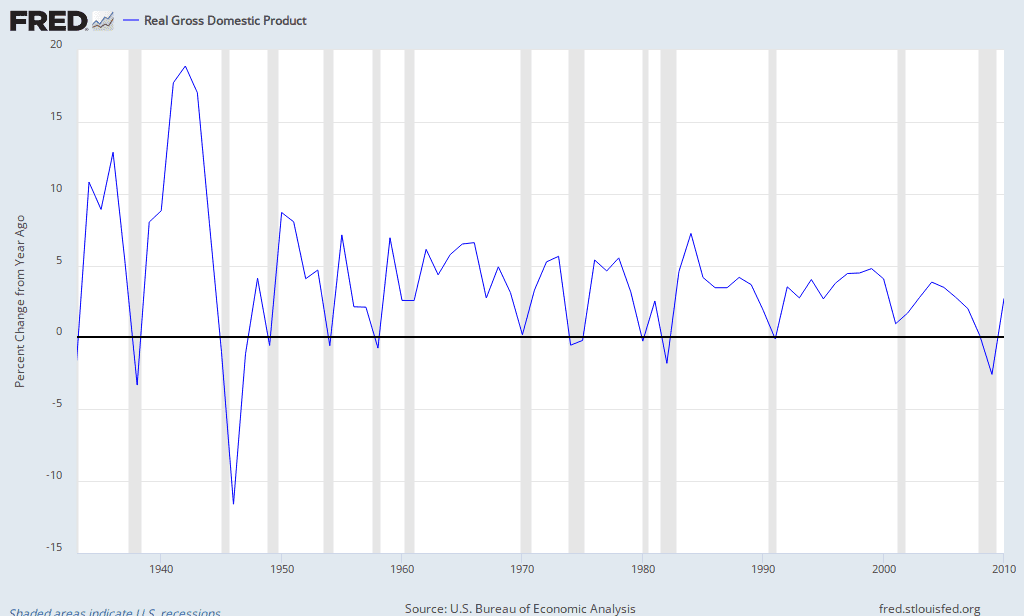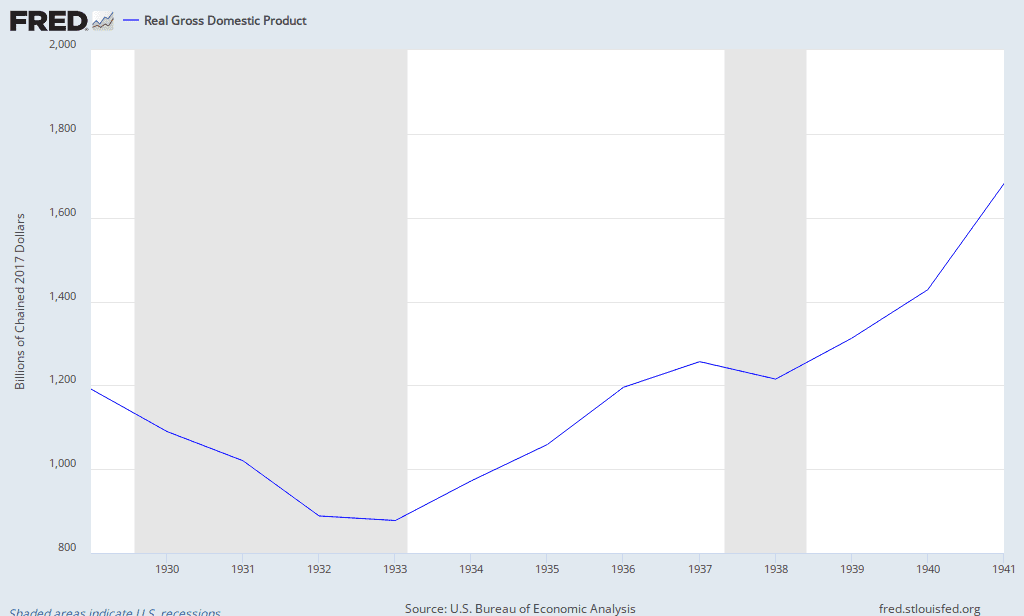Wry Catcher
Diamond Member
- Banned
- #21
Tax increases do not create jobs.
And we've seen first hand that government spending doesn't create jobs either
Another post which offers conclusions of Republican talking points. Totally insipid and lacking any evidence to support either hypothesis.
Targeted tax cuts can stimulate the economy and lead to job growth; tax cuts to the rich do nothing, if they did we wouldn't have an unemployment problem today. Actually they do something, they help create debt as the government must borrow more than if the rich paid their fair share.
Same goes to the corporate welfare paid to Big Oil, Big Pharma and Big Farma.



